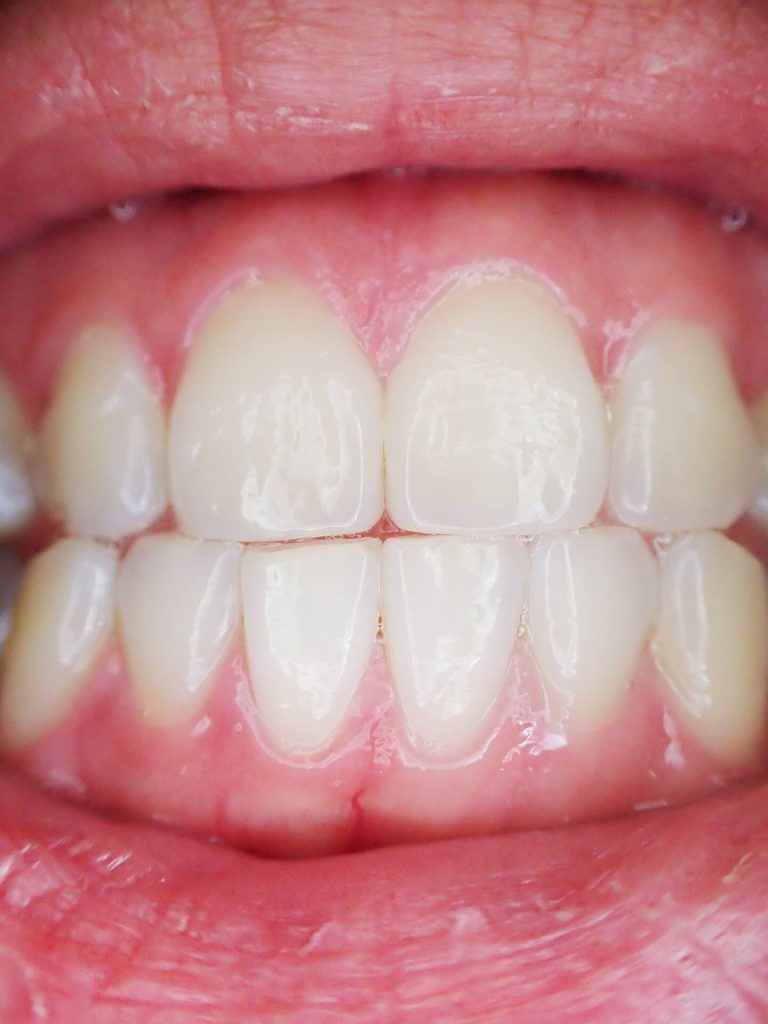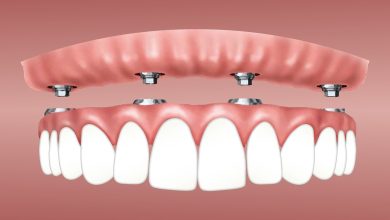What to Do If You Have Tooth Decay: Expert Remedies

If you have tooth decay, take over-the-counter pain relievers and use specific anesthetics for relief. Additionally, visit your dentist regularly to treat early decay and prevent further damage.
Treatment options include fluoride treatments and fillings to repair cavities. If left untreated, tooth decay can lead to tooth loss and more severe complications. It is essential to address cavities as soon as possible to maintain oral health.
Understanding Tooth Decay
Understanding Tooth DecayTooth decay is a common dental problem that occurs when bacteria in the mouth produce acids that attack the tooth enamel. If left untreated, tooth decay can lead to cavities, severe toothaches, and even tooth loss. Early diagnosis and treatment are crucial in preventing the progression of tooth decay.
Causes and Symptoms of Tooth DecayThe main cause of tooth decay is poor oral hygiene, which allows plaque to build upon the teeth. Plaque is a sticky film that contains bacteria and when not removed, it can produce acids that erode the tooth enamel. Other factors such as a high sugar diet, frequent snacking, dry mouth, and certain medical conditions can also contribute to tooth decay.
Symptoms of tooth decay include tooth sensitivity, pain when biting or chewing, visible holes in the teeth, and dark spots or stains on the teeth. If you experience any of these symptoms, it is important to visit your dentist for a proper diagnosis and treatment.
Importance of Early Diagnosis and TreatmentEarly diagnosis and treatment of tooth decay are essential in preventing further damage to the teeth. Your dentist will assess the extent of decay and recommend appropriate treatment options, such as fillings or root canals, to restore the affected teeth. Additionally, practicing good oral hygiene, including regular brushing, flossing, and dental check-ups, can help prevent tooth decay and maintain optimal oral health.
Professional Treatment Options
– If you suspect you have tooth decay, it is important to consult a dentist for proper diagnosis and recommendations. They will be able to assess the severity of the decay and suggest the most suitable treatment option.
– Fluoride treatments can help to reverse early stages of tooth decay. Dentists can prescribe fluoride treatments such as mouthwash or varnish to stop the progression of decay and even reverse it.
– If a cavity is detected, the dentist will likely suggest filling it to prevent further damage. This involves removing the decayed portion of the tooth and filling it with a suitable material.
– In extreme cases where the decay has severely damaged the tooth, extraction may be necessary. This is considered a last resort option and will only be recommended if there are no other viable treatment options.
Remember, always consult with a professional dentist for an accurate diagnosis and personalized treatment plan for tooth decay.
Home Remedies For Tooth Decay
If you have tooth decay, there are some home remedies you can try. Take over-the-counter pain relievers, use a specifically designed anesthetic, visit your dentist regularly for early treatment, and receive fluoride treatments to reverse the decay. If the decay is severe, extraction may be necessary.
| Home Remedies for Tooth Decay | ||
| Maintaining good oral hygiene | Using fluoride toothpaste and mouthwash | Incorporating a diet low in sugar |
| Visiting your dentist regularly is crucial to treating early tooth decay and preventing further decay. Your dentist will be able to identify and address any areas of concern. | Using fluoride toothpaste and mouthwash can help strengthen your teeth and prevent tooth decay. Fluoride treatments at your dentist’s office can also be beneficial. | Avoiding sugary foods and drinks can help reduce the risk of tooth decay. Opt for a diet low in sugar and high in fruits, vegetables, and whole grains. |
| Natural remedies, such as rinsing with a saltwater solution or using clove oil, may offer temporary relief for tooth decay. However, it’s important to consult with your dentist for proper treatment. | Fluoride is a mineral that can reverse or stop the progression of tooth decay. Your dentist may prescribe fluoride treatments like mouthwash or varnish. | Removing dental plaque through regular brushing and flossing can help prevent tooth decay. Consider using an electric toothbrush for more effective plaque removal. |

Credit: www.hovedentalclinic.co.uk
Frequently Asked Questions For What To Do If You Have Tooth Decay
Can Tooth Decay Be Fixed?
Tooth decay can be fixed by a dentist through a procedure called a filling. If left untreated, tooth decay can lead to severe pain, infection, and the need for tooth extraction. It’s important to visit your dentist regularly for early treatment and prevention of decay.
How Can I Treat Decayed Teeth At Home?
To treat decayed teeth at home, take an over-the-counter pain reliever and use an over-the-counter anesthetic. Visit your dentist regularly for early treatment and prevention. Fluoride treatments can help reverse early tooth decay. Natural remedies can also be used to fight against tooth cavities.
If decayed teeth worsen, extraction may be necessary.
Can Decayed Teeth Be Treated?
Yes, decayed teeth can be treated by a dentist through various procedures such as fillings, dental bonding, root canal treatment, or extraction if necessary. Early treatment is important to prevent further damage and complications.
How Do You Get A Decaying Tooth Out?
To remove a decaying tooth, visit a dentist for extraction. The dentist will numb the area with lidocaine, use tools like elevators and forceps to loosen and remove the tooth. This procedure may require nitrous oxide gas for pain reduction.
It’s important to treat tooth decay to avoid further complications.
Conclusion
In order to effectively address tooth decay, it is important to take immediate action. Start by visiting your dentist regularly to address early stages of decay and prevent further damage. Your dentist may recommend fluoride treatment or prescribe fluoride products to reverse or halt decay.
Additionally, over-the-counter pain relievers and anesthetics can provide temporary relief. Remember, early treatment is key to preventing pain, infection, and the need for extraction. Take care of your oral health to avoid the progression of tooth decay and maintain a healthy smile.





